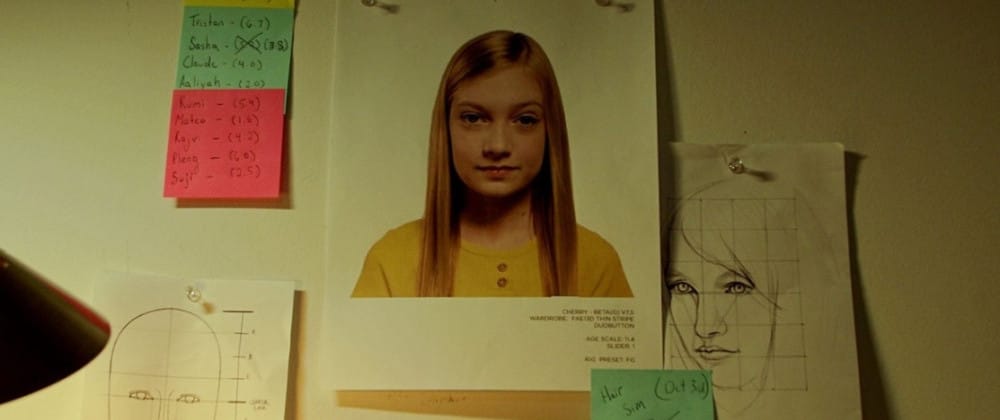Notes on the 27th Bucheon International Fantastic Film Festival

We live in a digital, uber-modern world: that’s the message from the 27th Bucheon Fantastic Film Festival. Following the global trauma of pandemic isolation, the films I viewed at this year’s festival overwhelmingly pointed to the shared anxieties of a post-pandemic world, including but not limited to the boons and banes of a digital simulacrum of social life, interpersonal disconnection, voyeurism, economic decadence, institutional instability, and even nuclear warfare. From Franklin Ritch’s stellar probe of machine learning in The Artifice Girl and Takamasa Oe’s touching use of an in-world app for real-world means in Whale Bones to Park Sang-min’s stylistically innovative Korean screenlife film I Haven’t Done Anything, these are the films of the digital anthropocene.
It’s right and fitting that this critic’s coverage of BIFAN, coinciding with and celebrating the 50th anniversary of the Seoul satellite city Bucheon, was virtual—first from Boston, Massachusetts and then, after a relocation in the middle of the festival’s 11 day runtime, from Northeast, Ohio. Four different televisions, a laptop, and several methods of screeners were used to watch this year’s selection of BIFAN films—the first time they have been offered remotely to the press, signaling something of a new approach for our still shaping post-pandemic world.
With 262 entries from 51 unique countries, it should require no warning that the films differ in their approach to the contemporary world; they do, however, reflect similar and related anxieties, even when they fail by this critic’s standards or if they are in rebellion against said realities. In style and substance alike, the anthropocene is now digital.
Continue reading at Off Screen.